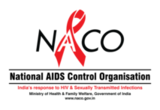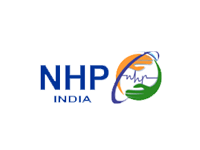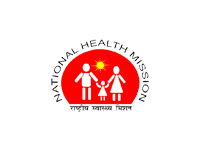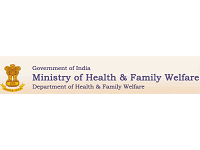NACP -IV - Planning process
National AIDS Control Programme Phase III (NACP III) was launched in July 2007 with the goal of Halting and Reversing the Epidemic by the end of project period in mid 2012. The National AIDS Control Organization (NACO) has initiated the process to start the next phase of the program. The program will build on the successes of the robust NACP III and ensure completion of the reversal of the epidemic through enhanced prevention linked with care support and treatment.
The NACP III strategy and implementation plan was developed based on the synthesis of evidence with wide range of consultations with government departments, civil society, public and private sector partners, NGOs, PLHA networks. The entire process was a home grown yet world class program that was appreciated by the global community.
Program reviews indicate that most of the targets set for NACP III are likely to be achieved by mid 2012 in terms of scale-up of coverage of HRG, safe blood supply, testing services, scale-up of ART and various interventions with community ownership and following principles such as GIPA. However, consolidating the gains and ensuring quality and coverage will require attention in the next few years.
The process to develop the plan for the next phase of the programme is being initiated. The next phase will continue to be inclusive and focused on marginalised, weaker sections and hard-to-reach population. NACP has explored various approaches towards this. NACP IV will continue to provide care, support and treatment to all eligible population along with focused prevention services for the high-risk groups and vulnerable populations.
The NACP IV planning is adopting the inclusive, participatory and widely consultative approach similar to that of NACP III and is further strengthening on the globally acclaimed and successful planning efforts of NACP III. The process will essentially involve a wide range of consultations with a large number of partners including government departments, development partners, non-governmental organizations, civil society, representatives of people living with HIV, positive networks and experts in various subjects. NACP IV development will use specific mechanisms and follow a structured process.
Mechanisms put in place:
- To give specific inputs into the plan, 15 Working Groups ( with 20+ sub-groups), with representation from different stake holders including Government departments, Civil Society, Development Partners and Private Sector (List and schedule).
- Wide consultations across the country with all development partners through workshops and e-consultations.
- A multi stakeholder’s apex group to review and endorse the Draft Plan.
- Assessment and studies to provide inputs into the planning process.
The key process and tentative timelines are below:
- Working group meetings, discussions and recommendations and report submission- May-June 2011
- Consultations with PLHAs, civil society, public-sector, private sector and other key stakeholders - May-June 2011 and whenever required
- State level consultations with SACS and other state partners – June 2011
- Special Studies and Assessments – May-June 2011
- E-consultations through which key documents and discussions will be shared – May-June 2011
- Consultation with Development Partners- First week July 2011 (2 Consultations with Development Partners held in January and April 2011)
- Finalising the National Strategic Plan – July-Sept 2011
Periodic consultations, meetings and reviews will be part of this process over the coming months. The progress updates will be shared on a regular basis to keep all the key stakeholders informed on the development of NACP IV. Very soon an e-consultation process will be launched to facilitate sharing and exchange of ideas and inputs during the plan preparation process. Comments and suggestions would be welcomed through this medium too.
NACO believes in true partnership with various constituents who contribute to the Programme. This has been the tradition of NACO and it has benefited substantially from this inclusive tradition. Civil Society partners can actively participate and contribute to develop a comprehensive National AIDS Control Programme through:
- The Working Group members, many of whom are Civil Society leaders (Working group list)
- National level consultation (12th May, 2011; New Delhi)
- Participate in the State level consultations
- Participate in the e-consultations

























